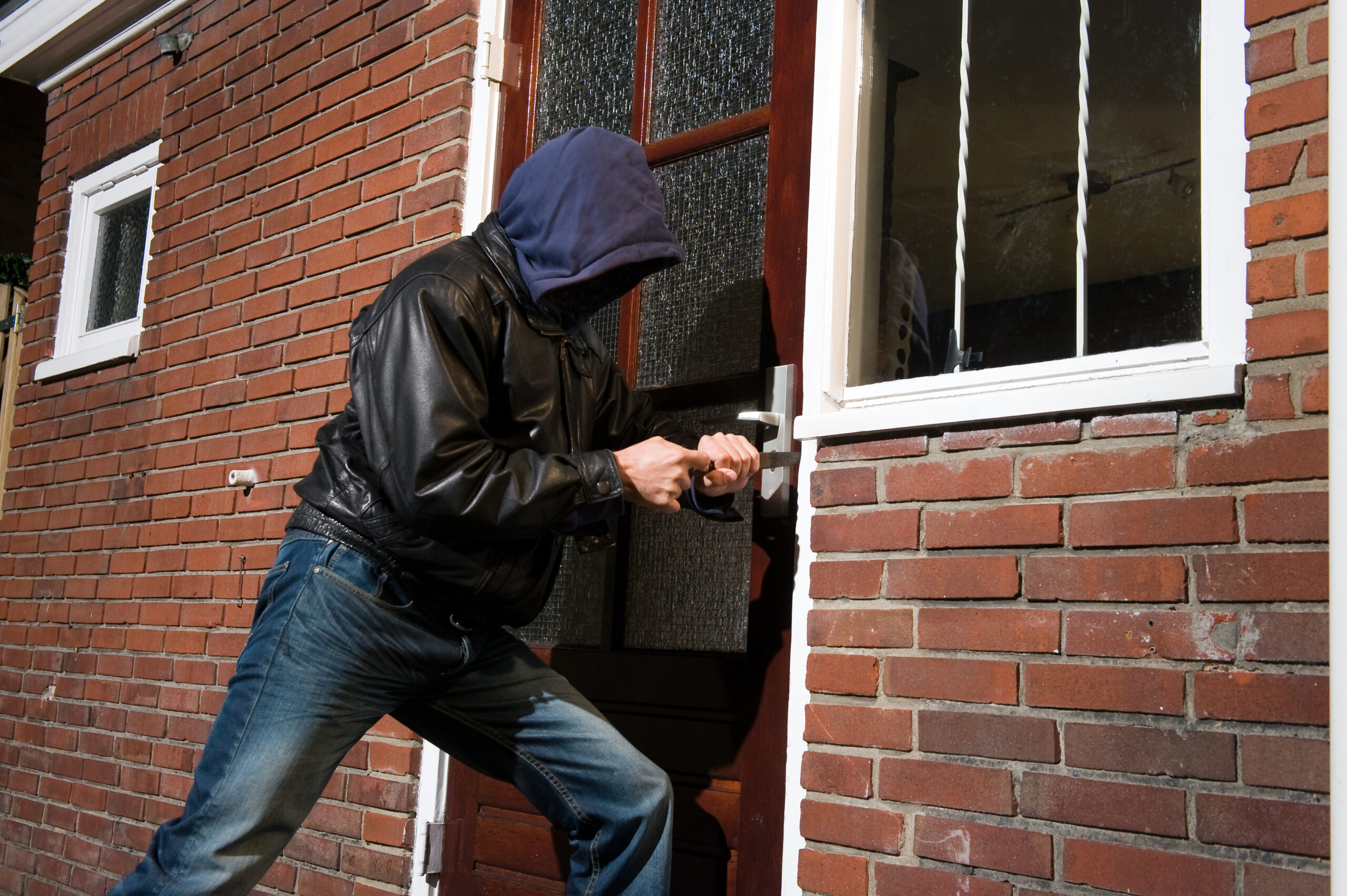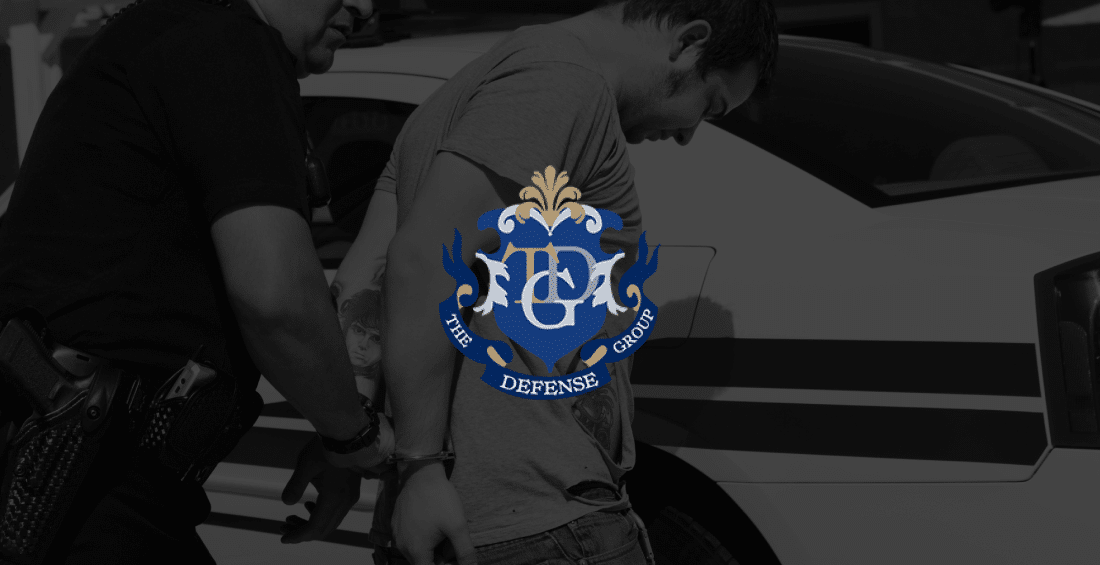Legal Complexities To Keep In Mind
Defending against burglary charges of unoccupied dwellings in Florida is a complex process that involves a deep understanding of the law, the nuances of the case, and the rights of the accused. In Florida, burglary is entering a structure intending to commit an offense inside. Regarding unoccupied dwellings, the stakes can be high, with potential penalties including significant prison time.
A key element of burglary is the unlawful entry into a structure or dwelling. For a charge to hold, it must proven beyond a reasonable doubt that the defendant entered an unoccupied dwelling intending to commit a crime inside. Simply being found on the property does not automatically constitute burglary; intent plays a critical role.
A dwelling is typically defined as any building or conveyance designed for habitation, and it doesn’t have to be occupied at the time of the alleged offense for a burglary charge to be valid. However, the term “unoccupied” carries specific legal implications. If the prosecution cannot prove that the dwelling was unoccupied or that the defendant intended to commit an offense, the case may weaken significantly. The Census Bureau’s website has more detailed information and statistics about unoccupied dwellings.
Battling against such a severe accusation alone is a borderline impossible task. Seeking the help of someone who knows their way through the legal system is often recommended, as it can raise your chances of a favorable outcome. At The Defense Group, we value our client’s unique legal needs and situations. We seek justice for our clients relentlessly, and we want to hear about your case. Call us today at 407-743-8430 for a free consultation.
Common and Viable Defenses
Once a clear understanding of the legal landscape is established, the next step in defending against burglary charges involves exploring viable defenses. These are several common defenses:
- Lack of Intent: One of the most common defenses in a burglary case is the assertion that the accused did not intend to commit a crime upon entering the dwelling. This can be highly useful if the individual had a legitimate reason for being on the property, such as being invited by the homeowner or being unaware that the dwelling was unoccupied.
- Mistake of Fact: This defense can be pivotal if the accused person believed they had permission to enter the dwelling. For instance, mistakenly thinking they were entering a friend’s house could negate the intent necessary for a burglary conviction. Demonstrating a reasonable belief that entry was authorized can be a deciding factor in the case.
- Insufficient Evidence: The burden of proof lies with the prosecution, and a robust defense can challenge the adequacy of the evidence presented. This could involve questioning the reliability of witness testimonies, scrutinizing physical evidence, or highlighting inconsistencies in the prosecution’s narrative. If the evidence does not convincingly establish that the accused committed burglary, it may lead to a dismissal of charges or an acquittal at trial.
- Alibi Defense: If the accused can provide credible evidence or witnesses that place them elsewhere during the alleged offense, this can serve as a strong defense. An alibi can create reasonable doubt in the minds of jurors, which is often enough to lead to a not-guilty verdict.
- Constitutional Violations: If law enforcement obtains evidence through illegal means, such as without a warrant or probable cause, it could be inadmissible in court. A skilled defense attorney can file motions to suppress such evidence, which might debilitate the prosecution’s case.
Seeking Legal Representation
Navigating the criminal justice system can feel overwhelming, particularly when faced with serious charges like burglary. In such situations, securing competent legal representation is essential. A skilled criminal defense attorney comprehends the intricacies of Florida’s burglary laws and knows how to effectively advocate for their clients in a challenging legal landscape.
The role of an attorney encompasses several vital functions. First and foremost is case evaluation. An experienced lawyer will examine and review all aspects of the case, examining police reports, witness statements, and any evidence gathered. This thorough evaluation allows the attorney to pinpoint weaknesses in the prosecution’s argument and identify opportunities for a robust defense strategy.
Another major factor of an attorney’s role is negotiation. Many burglary cases may ultimately be resolved through plea negotiations rather than going to trial. A knowledgeable attorney can engage with the prosecution to reduce charges or secure a more favorable plea agreement. Their familiarity with the legal system and past experiences with similar cases can lead to significantly better outcomes for their clients.
Having an adept trial lawyer becomes even more critical if the case proceeds to trial. A skilled attorney excels in presenting evidence, examining witnesses, and crafting compelling arguments. They understand how to connect with jurors, effectively communicating the defense’s narrative in a way that resonates and sways opinions in favor of the accused.
The Final Step To Take
Beyond legal expertise, a reasonable attorney also provides essential emotional support. Facing criminal charges is a terrible experience, and a competent lawyer serves as a legal advocate and a source of guidance and reassurance throughout the process. At The Defense Group in Florida, we want to hear your case and improve your chances of getting the outcome you deserve. We can guide you during these troubling times. When your future is at risk, we understand that our support can make a tremendous difference. Call us today at 407-743-8430 to schedule a free consultation.











